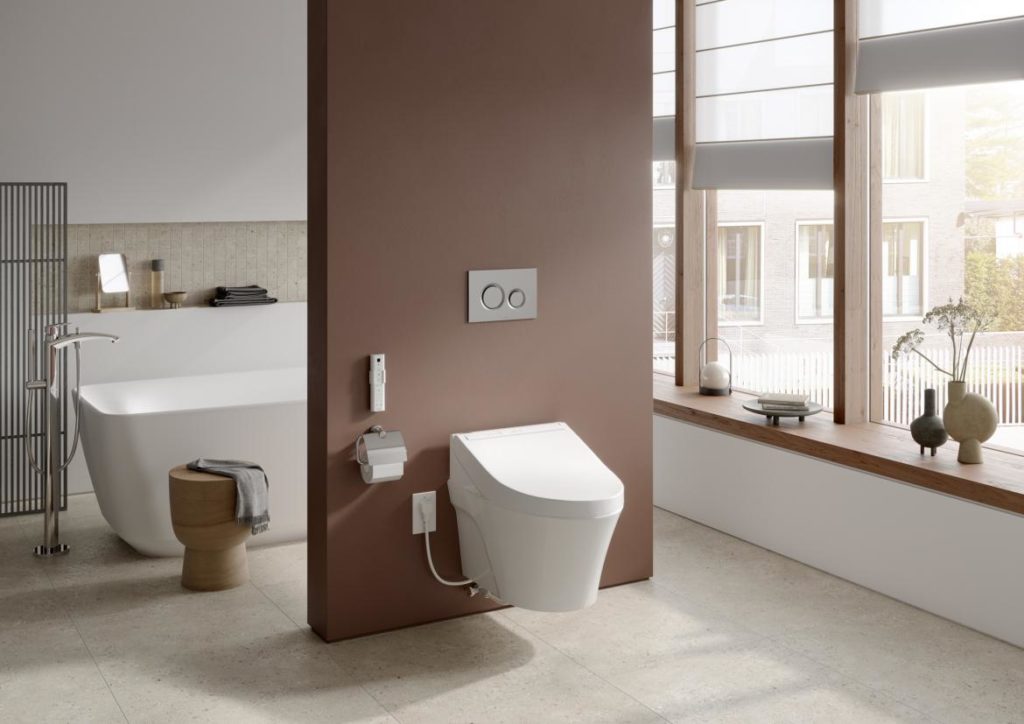From glucose monitoring to smart rings, health tracking is having a moment. Now, as this trend reaches the bathroom, startups are asking you to take a squat.
Playing catch-up. Americans are visiting the doctor less and less. Meanwhile, bad health habits and late disease diagnoses cost us over $3.8T in annual healthcare spending.
- Nearly 40% of adults suffer from a functional gastrointestinal disorder.
- Colorectal cancer has doubled in the last three decades among adults under 50.
- Over a third of Americans have metabolic syndrome, and that number is rising.
Leaning into preventative care, scientists want to bring the lab to your bathroom, a place we visit every day.
Drop a deuce. Researchers and startups alike are building smart toilets that can analyze your excretions, identifying biomarkers that help you stay one stool ahead of prostate problems, metabolic disorders, and cancer.
Using sensors and video cameras to detect factors like flow rate and texture, smart toilets can provide insights even beyond the scope of wearables.
The smart toilet market is expected to clear $7B by 2027, and startups like Casana ($14M) and OutSense ($2M) are flush with funds.
Let it mellow. Those who don’t like the idea of sharing their “analprint” with the cloud can instead use at-home urine and stool testing kits.
- Vessel secured $14.5M in early 2021 to help test different biomarkers in urine, scoring “low,” “good,” or “high” ratings after users pee on a card.
- Dieta Health just raised $1.2M to develop its stool image recognition technology, allowing users to track and analyze bowel movements with their smartphone.
- ZOE raised a $20M Series B this May for an at-home stool test used to inform personalized nutrition.
Next up, incumbent and Big Tech companies aren’t ones to pass up a billion-dollar opportunity. Google secured a patent in 2018 for a smart toilet that can measure blood pressure, while industry giant TOTO unveiled plans for a “Wellness Toilet” earlier this year.
Punchline: Health tracking tech is evolving to be increasingly precise and prevalent. As the trend continues, Vikram Kashyap, founder of smart toilet startup Toi Labs, predicts a future where “people [are] going to become their own managers of their health.”






